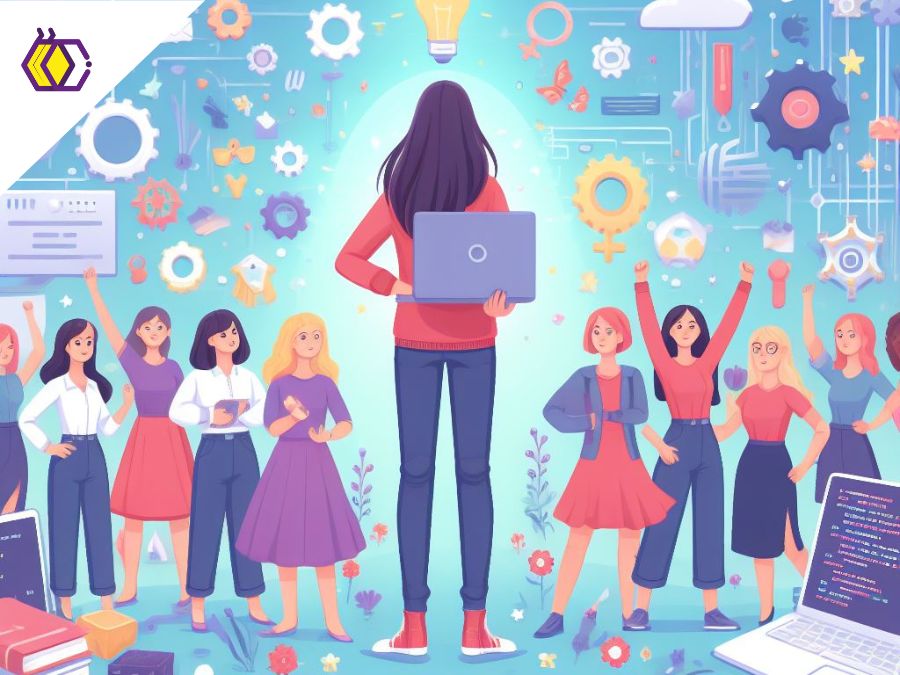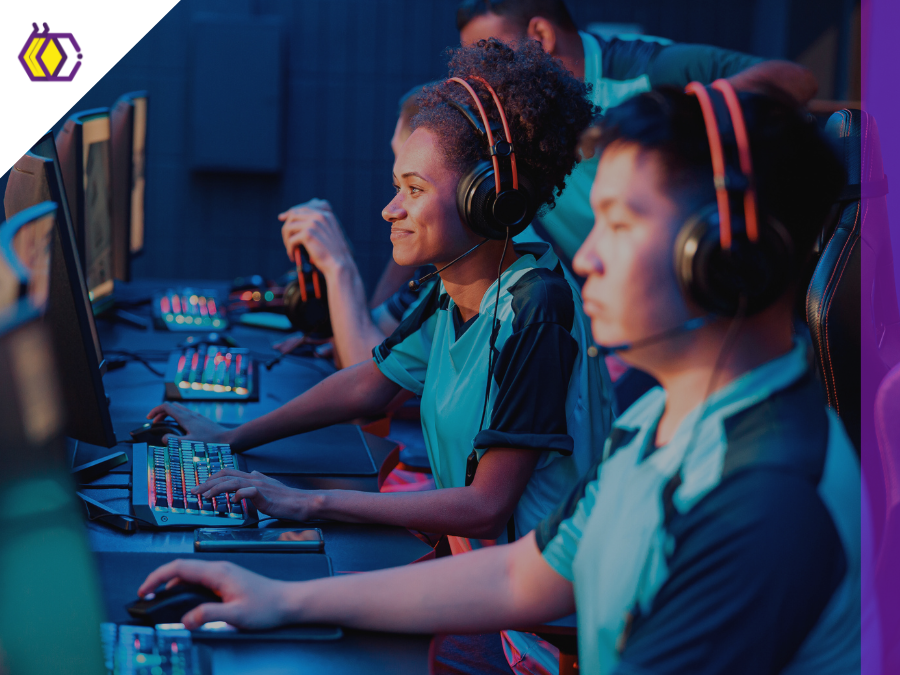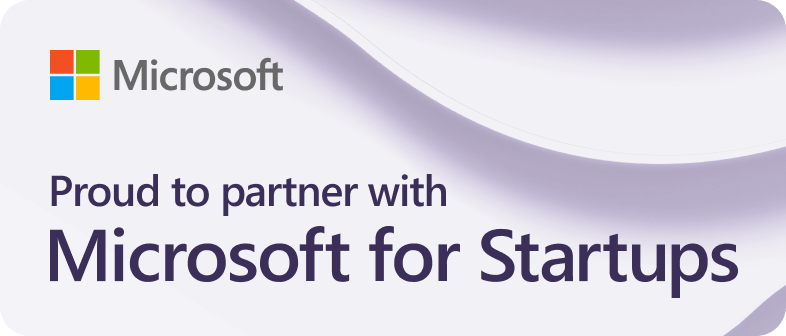
Is it Still Worth Learning C++?
(7 minutes of reading) C++ is still a very popular programming language and is used in many large projects. It has a lot of features and can be very powerful. However, it can also be quite complex and difficult to learn. So, is it still worth learning C++? Let's talk about this in our text today. Come read! WHEN AND WHY WAS C++ CREATED? C++ was created in 1979 by Bjarne Stroustrup while working on his doctoral thesis at Bell Labs. He was trying to add object-oriented programming to the C programming language. C++ was released for commercial use in 1985, but it wasn't until 1998 that the ISO standardized it. THE ADVANTAGES OF LEARNING C++: VERSATILITY, PERFORMANCE AND POPULARITY Despite its complexity, C++ has many benefits that are worth learning about. First, C++ is an object-oriented language, which means that it helps developers create modular code that is easy to understand and maintain. This makes it an ideal choice for large projects with multiple developers. Second, C++ is very fast and efficient, making it suitable for resource-intensive applications like video games or scientific simulations. Third, C++ has a wide variety of libraries available that provide ready-made solutions to common programming tasks. Overall, learning C++ can be difficult at first, but it's a very rewarding experience. Those who are willing to put in the time and effort will find it a valuable skill that they can use to create amazing things. CONS OF LEARNING C++: HARD TO LEARN SYNTAX C++ is a notoriously difficult language to learn, and even experienced developers can struggle when trying to use it. Here are 5 of the biggest cons of learning C++: 1) The syntax can be incredibly confusing, especially for beginners. 2) There are many different ways to do things in C++, which can make it difficult to know which the best way is to do something. 3) C++ compilers can be very demanding, and even a small mistake can cause your code not to compile correctly. 4) C++ code can be difficult to read, especially if it's not written well. 5) The C++ standard library is big and complicated, and understanding all the different functions and classes can take a lot of time. WHAT IS POSSIBLE TO DO WITH C++? C++ is a powerful programming language that allows developers to create sophisticated systems. With C++ it is possible to develop software for a wide variety of platforms, from small embedded systems to large corporate systems. Furthermore, C++ is widely used in scientific and engineering applications because of its ability to handle complex calculations. In short, C++ provides developers with a versatile tool for creating high-quality software. C++ IS USED IN WHAT? As you can imagine, C++ is an extremely important language and, therefore, it is still used in many projects. C++ is a versatile language that can be used for a variety of purposes. The programming language is widely used in: - Software development for various systems; - Application creation; - Embedded systems programming; - Game engine development; - Creating desktop applications. THE ROLE OF C++ TODAY C++ is a powerful programming language that has been around for over three decades. Although not as widespread today as languages like Python or Java, it remains popular with experienced developers for its flexibility and performance. In recent years, C++'s popularity has seen a resurgence, in part, due to increased development of games and other high-performance applications. Despite its age, C++ continues to evolve and be improved by the programming community. The latest version, C++17, was released in 2017 and introduced several new features, including structured bindings and improved support for constexpr functions. The most current version of C++, C++20, finished in 2020, includes many improvements such as coroutines and modules. With its long development history and active community, C++ remains an important language in the programming world today. IS C++ STILL A POPULAR LANGUAGE WORTH LEARNING? C++ is a versatile programming language that has been around for decades. Although it was created in 1979, it is still widely used by programmers today. Many popular apps and games are written in C++, making it a good choice for anyone looking to get into the field of software development. Despite its popularity, C++ has some drawbacks. It can be difficult to learn, especially for those with no prior programming experience. Furthermore, its syntax can be confusing and error prone. However, C++ remains a popular language worth learning for those interested in software development. HOW TO LEARN C++? C++ is a powerful programming language that can be used to create sophisticated software systems. However, learning C++ can be challenging for beginners. But don't worry, we'll share some tips on how to learn C++ effectively. If you are interested in learning C++, there are 3 things you should keep in mind. 1) It is important to have a strong understanding of the fundamentals of programming. This will give you a solid foundation on which to build your C++ knowledge. 2) C++ is a complex language with many features and concepts that can be difficult to learn. It's important to be patient and take your time when learning C++. 3) There are many resources available to help you learn C++, including books, online tutorials, and courses offered by universities and colleges. With some effort and dedication, you can learn this powerful programming language and use it to create amazing software systems. One of the best ways to learn C++ is by working on projects. By building something from scratch, you'll better understand how the language works. You can also join online communities and forums where experienced programmers can help you with your questions. Another important tip is to practice regularly. Like any skill, the more you use C++, the better you'll get at it. You can find hands-on exercises online on the beecrowd platform or in books on C++ programming. Solving these challenges will help improve your problem-solving skills and deepen your knowledge of the language. What did you think of our article? Be sure to follow us on social media and follow our blog to stay up to date!
Share this article on your social networks:
Rate this article:
Other articles you might be interested in reading
- All (185)
- Career (38)
- Competitions (6)
- Design (7)
- Development (112)
- Diversity and Inclusion (3)
- Events (3)
- History (15)
- Industries (6)
- Innovation (38)
- Leadership (8)
- Projects (23)
- Well being (18)

Women in Programming: Celebrating Achievements and Inspiring the Future

Programming Competition and Constant Learning

Transfer Learning

Machine Learning

UX and UI Trends



 History
History 

























